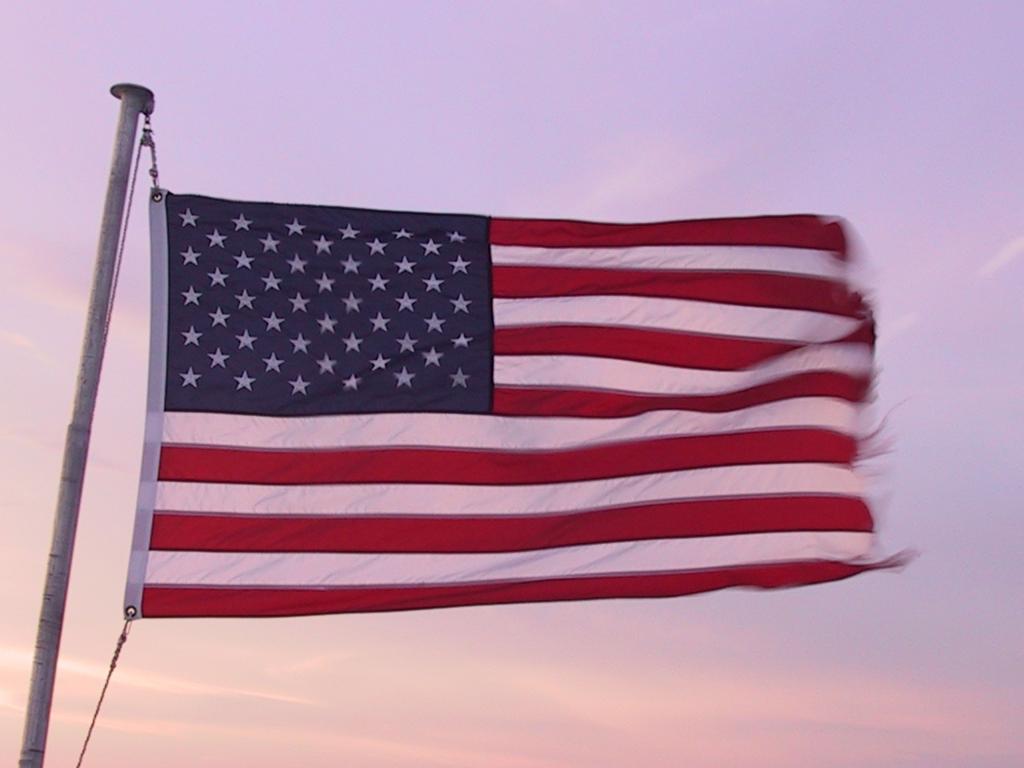
On July 4, 1776, the American colonies declared their independence from the British Empire. The Declaration of Independence outlined a “long train of abuses and usurpations” heaped upon the colonists by King George III. The colonists had appealed to the British for a redress of their grievances – to no avail. The conditions under which the British American colonies lived, the Declaration went on to say, made independence necessary.
The push for independence was motivated by several key issues, not the least of which was the problem of taxation without representation. Great Britain had been levying taxes on the colonies even though they were not represented in the British Parliament.
An example of taxation without representation was the Tea Act, passed by the British Parliament in 1773, to expand the British East India Company’s monopoly on the tea trade to British Colonies. The Boston Tea Party, a major event that led to the American Revolution, was a response to the Tea Act. On December 16, 1773, Boston officials refused to return three shiploads of taxed tea to Britain. As a protest, colonists boarded the ships and destroyed the tea by throwing it into Boston Harbor.
The tax dispute was part of a larger disagreement over the interpretation of the British Constitution. The colonists argued that the constitution guaranteed them certain fundamental rights, which called into question whether the Parliament had any jurisdiction in the colonies at all.
A similar argument can be made about cyclists and the planning and design of American roads. All Americans pay for the building and maintenance of roads with their tax dollars. In most cases, property taxes pay for roads, as the task of improving and maintaining streets falls under the jurisdiction of a city or town’s Department of Public Works.
But, when it comes to the planning of roads, cyclists, who pay their fair share of taxes, are not represented at the table. Roads are routinely planned and built without any consideration for bicycle accommodations. Any accommodation won by cycling advocates comes after the fact. It is an afterthought – although in hindsight, it would have made economic sense to incorporate bicycle accommodations at the planning stage.
Unlike the colonists – and despite certain inalienable rights – cyclists can’t declare their independence from the U.S. government. But, they can demonstrate the merits of bicycling infrastructure with a view to gaining representation at future road planning meetings. They can protest loudly enough, and in great enough numbers, to make their voices heard.
Every Fourth of July, when, as Americans, we celebrate the birth of our nation, we can take the opportunity to celebrate our independence as cyclists.
The word “independence” means not to be dependent on others – to be self-determining and self-reliant. It is the state of being free. Cyclists embody these concepts.
Unlike drivers, cyclists are free from dependence on resources outside of the strength of their own muscles. They are free from the tyranny of oil prices, free from the need for electrical sparks to power their drivetrain, free from the space constraints involved in maneuvering and parking a rectangular shaped ton of metal, free from compulsory insurance, and free from generating toxic emissions.
There is a freedom associated with engineless two wheeled travel that is unmatched in the internal combustion engine world. And, on Independence Day, cyclists enjoy yet another freedom – the freedom of riding on nearly barren streets, emptied by residents leaving on vacation.
With deserted streets wide open, it’s possible to ride down the middle of a lane without car horns honking, without listening to a string of obscenities, and without the nauseating noise of multiple engines running. In the silence, we can celebrate the freedom of human powered transportation and the knowledge that like our founding fathers, we broke with tradition and started something new – a self-reliant, self-propelled freedom to come and go, unencumbered, by riding rolling wheels powered by our own volition.


